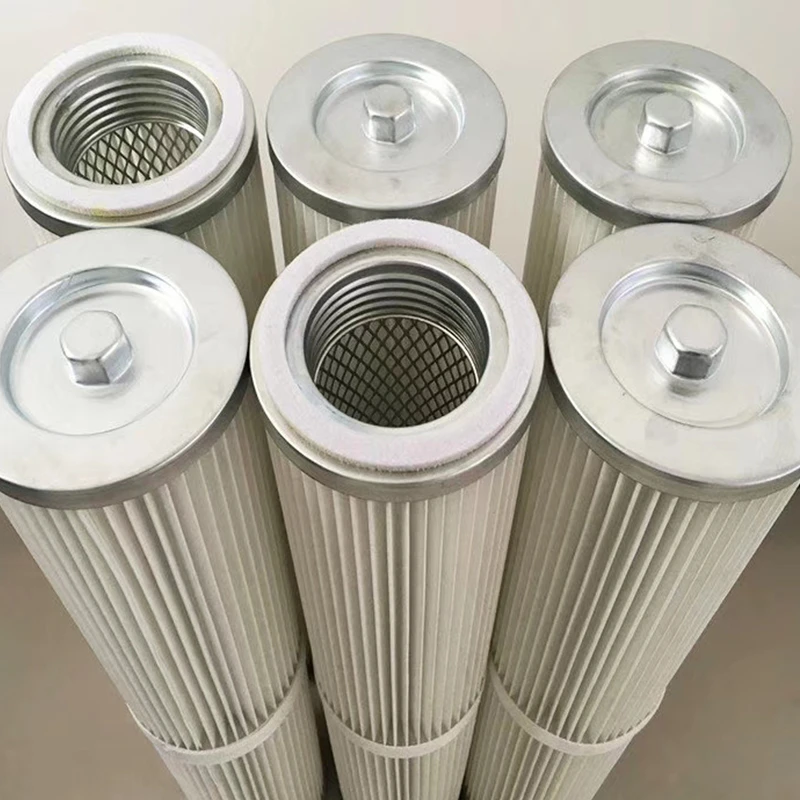 Tel:
+8615930870079
Tel:
+8615930870079
דצמ . 03, 2024 13:28 Back to list
gas turbine air intake filter
Understanding Gas Turbine Air Intake Filters Importance and Functionality
Gas turbines are pivotal in the modern power generation landscape, utilized in various applications ranging from electricity generation to powering aircraft engines. At the core of the efficiency and longevity of these turbines lies a critical component the air intake filter. This article delves into the significance, functionality, and best practices associated with gas turbine air intake filters.
The Role of Air Intake Filters
Air intake filters serve multiple purposes for gas turbines. Primarily, they protect the turbine's internal components from contaminants that can cause wear and tear. These contaminants, which include dust, dirt, pollen, and other particulate matter, can significantly impair the efficiency of the turbine, leading to reduced performance and increased operational costs.
When air enters the turbine, it passes through these filters, which trap the majority of particulates before they can reach the compressor and combustor sections. Without proper filtration, contaminants can lead to erosion of turbine blades, fouling of combustion chambers, and ultimately, a reduction in the turbine’s overall reliability and efficiency.
Types of Air Intake Filters
There are several types of air intake filters utilized in gas turbines, each suited to specific operational environments
1. Panel Filters These are the most common type and are typically made from a synthetic or fiberglass media. They are effective for general-purpose filtration but may need frequent replacement based on environmental conditions.
2. Bag Filters With a larger surface area than panel filters, bag filters can capture finer particles and have a longer service life. They are essential in environments with high levels of airborne contaminants.
3. Cylindrical Filters These filters often come in the form of cartridges and are designed for specific flow applications. They can be particularly useful in high-capacity turbine systems.
gas turbine air intake filter

4. Electrostatic Filters Utilizing an electrostatic charge to attract and capture particles, these filters can achieve high levels of filtration efficiency. However, they require regular maintenance to maintain their performance.
Importance of Regular Maintenance
The maintenance of air intake filters is paramount to ensuring the longevity and efficiency of gas turbines. Regular checks and timely replacement of filters help maintain optimal airflow, which is crucial for the effective operation of the turbine. Clogged or dirty filters can restrict airflow, leading to various issues, such as decreased power output and increased fuel consumption.
Operators should establish a routine inspection schedule, taking into account filter type, environmental conditions, and operational hours. Implementing predictive maintenance techniques, such as monitoring pressure drops across the filters, can also provide valuable data that indicates when a filter may need replacement.
Environmental Considerations
The choice of air intake filter also has implications for environmental sustainability. As industries and corporations increasingly focus on reducing their carbon footprint, selecting efficient filtration systems can aid in achieving emissions targets. Filters that maintain high performance while reducing energy usage can significantly contribute to lower operational emissions.
Moreover, the disposal of used filters should also align with eco-friendly practices. Many manufacturers now offer recycling programs to ensure that used filters are disposed of responsibly, preventing them from ending up in landfills.
Conclusion
In summary, gas turbine air intake filters are essential for the efficient operation and longevity of turbine systems. By understanding the importance of these filters, the different types available, and the need for regular maintenance, operators can enhance the performance of their gas turbines. As industries continue to evolve towards more sustainable practices, selecting the right air intake filter not only optimizes turbine efficiency but also contributes positively to environmental goals. Therefore, investing time and resources into air intake filter management is a vital step in the operation of gas turbines.
-
Nano Fiber Technology: Revolutionizing Cartridge Dust Collector FiltersNewsAug.06,2025
-
How Activated Carbon Air Cartridges Eliminate OdorsNewsAug.06,2025
-
Dust Filter Cartridge Handling Fine Particulate MatterNewsAug.06,2025
-
Cartridge Dust Collector Filter for Welding Fume ExtractionNewsAug.06,2025
-
Activated Carbon Filter Cartridge Effectiveness Against VOCsNewsAug.06,2025
-
Activated Carbon Air Filter Cartridge Benefits ExplainedNewsAug.06,2025

 Email:
Email:





